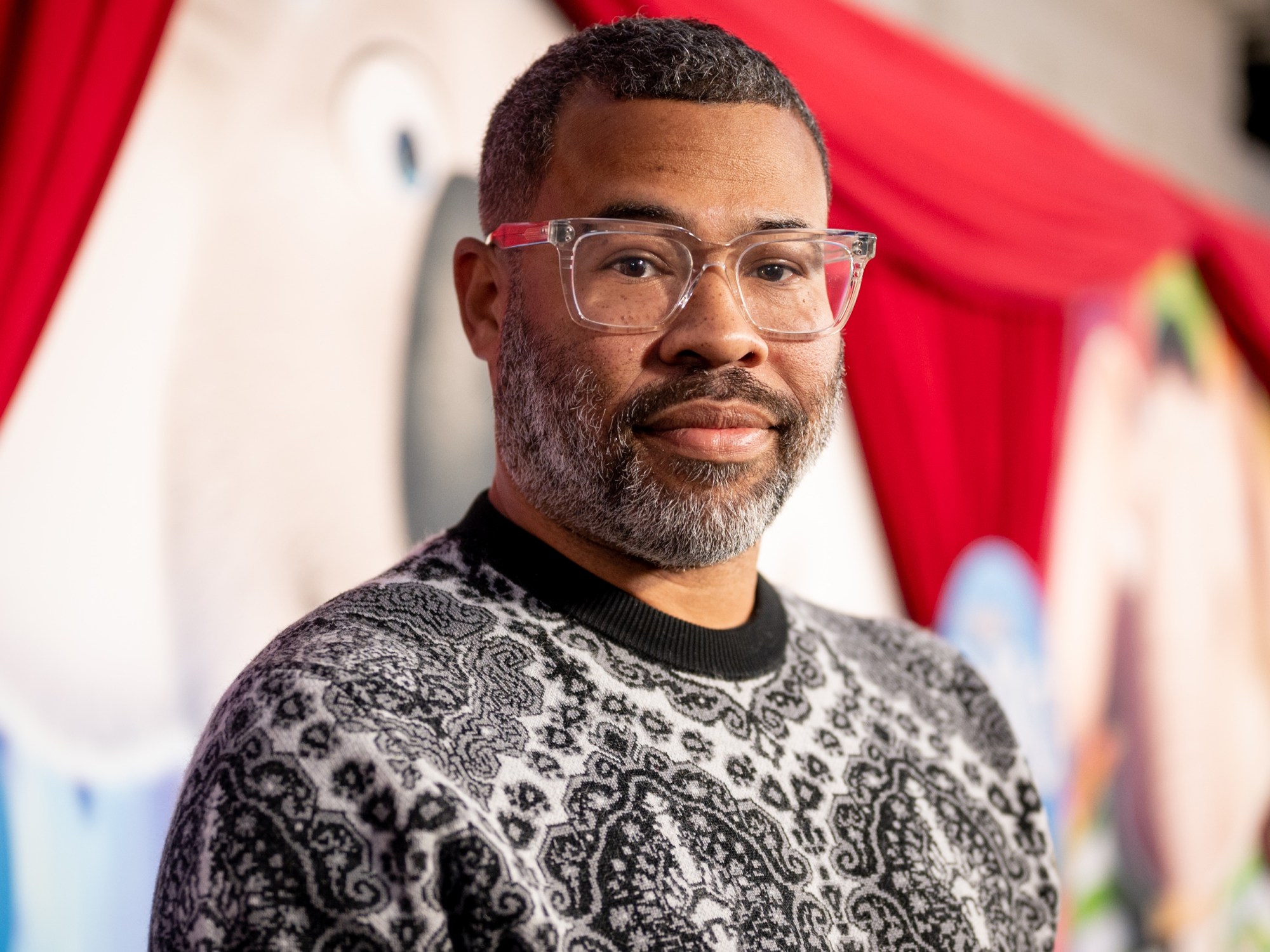
- Film
Jordan Peele and the Politics of Horror
While many of the biggest horror films of the past century were made in America, the horror film genre was not actually born in the United States. French director Georges Melies’ 1896 short The House of the Devil is often credited as the first ‘horror’ movie. By the 1920s Germany’s expressionist movement (a rejection of Germany’s bourgeois culture) inspired the highly stylistic and influential films The Cabinet of Dr. Caligari and Nosferatu, which heavily influenced American cinema.
Germany’s Weimar Republic then forced much of its filmmaking talent (including Karl Freund, Joe May and Robert Siodmak) to emigrate to Hollywood. Actor Lon Chaney soon became the first American horror movie star with films like The Hunchback of Notre Dame, The Phantom of the Opera and The Monster, helping Universal Studios lead the way in monster movies in the ’30s.
The 1960’s saw horror confront American racial politics head-on in films like George Romero’s Night of the Living Dead (in which the Black character Ben expertly survives a night of zombies only to be shot dead by a white mob in the morning) but it was the gore in that film that endured and reigned through 1970’s horror.
The Blaxploitation era saw a few Black vampire and voodoo-themed films, but the next few decades saw many of the few Black characters in mainstream horror die quickly and unceremoniously (with a few exceptions like the original Candyman and Spike Lee’s Tales from the Hood) to the point of becoming a trope and a running (horror) joke.
It wasn’t until comedian Jordan Peele rewired the horror genre that we saw the psychological effects of generational, systematic, and environmental racism — translated as horror — in every movie theater across America. Peele’s on-camera work started in 2003 on the sketch Fox comedy series Mad TV, followed by the Comedy Central sketch comedy series Key & Peele, alongside Keegan-Michael Key.
Talking to the Hollywood Foreign Press Association in 2019 from London, Peele said: “My heroes growing up were Tim Burton, Stanley Kubrick, Steven Spielberg, Spike Lee, John Carpenter, Roman Polanski. Rosemary’s Baby is one of the best. At some point, I’d say probably about eight to ten years ago, I made a conscious decision to start to prepare for this transition.
“And for many years, nobody understood what I was talking about. ‘You’ve got a career in comedy,’ I lost agents because they couldn’t understand it. But I was telling people, ‘Look, I have something to say in the horror genre. And I want to move in that direction.’ And so, the result is better than my wildest dreams,” he said.
Peele’s directorial debut, the horror film Get Out, was a critical and box office success and the most profitable film of 2017. The film also won the Academy Award for Best Original Screenplay. Peele went on to write and direct the 2019 horror film Us about which he spoke to the HFPA.
“This movie was about…what are our demons collectively? What is the shadow self of the ‘we,’ of the ‘us?’ My starting point was the faction that is the United States and I used images of the lighter half of the duality of this country, images of hope, images of privilege, to, ultimately, tell this message, to subvert the myth that America is the good guy (laughs). The privileges that I and we enjoy as Americans are built on the backs of atrocities, and of people who suffer and have suffered for us to have.”
Peele went on to write the 2021 horror reboot Candyman, which addressed gentrification and police brutality, and to write, direct, and produce the upcoming 2022 horror film Nope.
“The past couple of years, I’ve heard people say, ‘It feels like we’re in The Twilight Zone,’ over and over again,” Peele noted in 2019, “And that was a little signal to me to say, look, there’s a reason [Rod] Serling did what he did. And maybe the world needs more parables. We need more allegory because, I think the only way we listen, quite often enough, is when we’re entertained and when the commentary is Trojan horsed through great content.”

